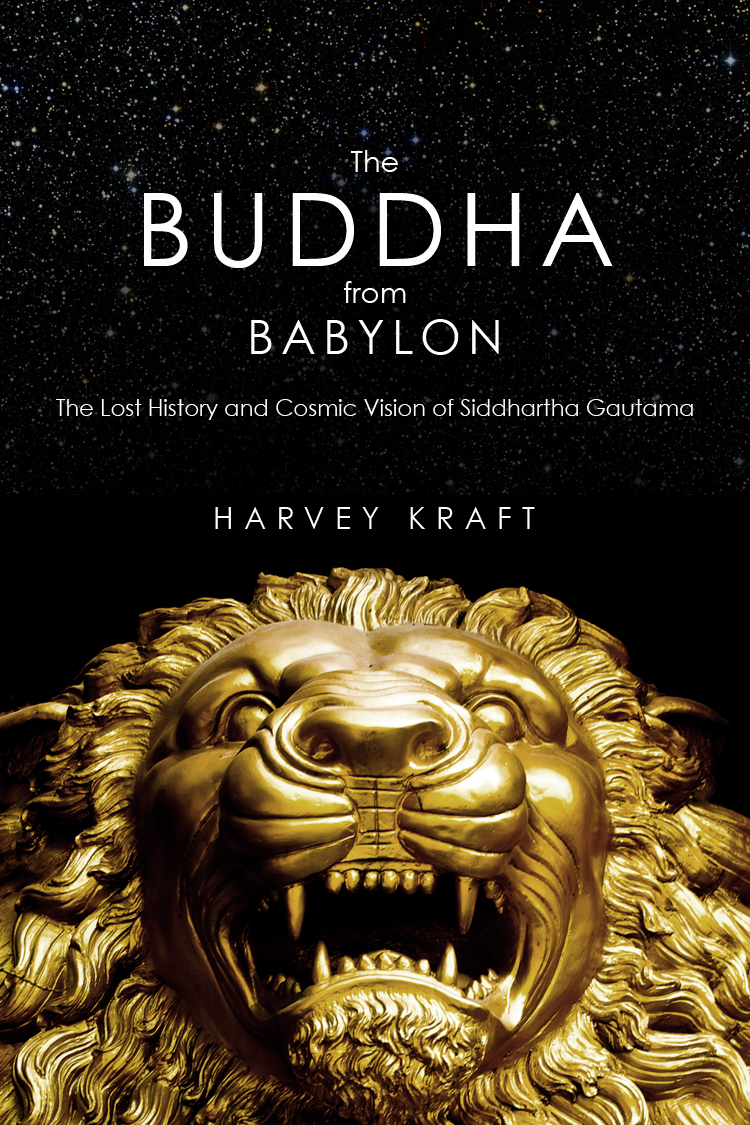Why We Need to Go Back in Time to Find an Enlightened Future for Us All
/I've been reading some magazine articles that give people tips on how to achieve success in the future. They all agree that you need to develop an awareness of yourself and what you are capable of. In ancient times the future was seen as a destiny that all people share...whether that be an apocalypse or a utopian future. What will be our collective future for the human species in a hundred, or even a thousand years from now, I wonder?
Futurists are painting a high tech future, but would that mean that we humans become tools for the tools we are inventing or will human beings evolve to higher consciousness that will allow us to advance to a harmonious world?
The Buddha predicted that in a distant future the world will accomplish a state of Loving Kindness and humanity will enjoy World Harmony. Nevertheless, traditional Buddhists today are concerned about the survival of Buddhism for the long-term. As modern science takes a greater hold across the world, all religions seem to be undergoing a transitional epoch that begs the question: What is the future of religion as people are communicating globally?
Many young people and professionals born in Asia appear to be distancing themselves from the legendary supernatural stories and the formal adoration worship, as seen in traditional Buddhist practices. In western countries, a generation of Christians and Jews have discovered Buddhism in some form. Mainstreaming of Buddhist views has also lead to the popularity of practices designed to achieve mindfulness, consciousness, as well as the development of science-transcendence fields, such as quantum philosophy and transpersonal psychology, spun off from Buddhism.
The reverse is also happening with Asians. My dentist told me that he was born to a Japanese Buddhist family, but when he married a Christian woman he converted to her religion because he could never quite believe in the traditional supernatural story of the Buddha that he grew up with.
While the state of Buddhism today is largely fragmented and defined by practices, the connection believers have with Siddhartha Gautama seems to be divine, rather than based on knowing him as a real person. The result of this is that we also see a move to self-protective Buddhist fundamentalism or the appearance of self-proclaimed "living Buddhas," charismatic leaders with cult-like followings.
Is the Buddha's prediction of a bright future of World Harmony possible given the state of Buddhism today?
It appears to me that the Buddha was not talking about religion in an institutional framework. He spoke to the need for human beings to evolve so that goodwill and awareness reign supreme individually and socially. He did, in fact, leave behind his enlightened cosmic super-structure which is called Sahd-Dharma, the Truth of the Reality of All Existence. He said that enlightenment was universally endowed within all human beings. Manifesting this inherent essence is our challenge going forward. How we do it, however, is secondary to the awareness that we humans have it within us to achieve our full potential. I contend that humanity can only survive the increasingly global and powerful impact of technology, politics, and economics, if we focus on enlightened creativity, freedom of expression and compassionate goodwill. While suffering is common and all religions promise to save us, our personal and shared growth cannot be defined by priorities set by one or another religion, but must be approached as an interfaith goal.
As modern societies are becoming increasingly caught up in consumerism and instant communications, individuals are responding in Pavlovian terms to desires that are driven by marketing and pr campaigns. As new social hierarchies are being developed based on consumer loyalties, we are becoming smarter while losing the ability to think for ourselves. Where I can sit on a plane and how easy it is to get on board depends on my loyalty status with an airline. This is just one small example of our newly developing social hierarchies based on how we respond to commercial messages. This is the outcome of the connection between instinct, response and social status. As religious views have lost touch with modern people, science and technology are producing a new way of life.
Can modern societies find the way to an enlightened future, or, as some contend, are we devolving into "mice in a maze"?
Leaders in every walk of life, and those who have religious views, should begin to explore new ways to reach people. The religions of this day and Age have been inherited and reflect many cultures and agendas across the long journey of time. Therefore, it may be that we have failed to bring forward to the present the truly deep awakenings of ancient visionaries like the Buddha. To create a future that is based on higher consciousness, I would suggest that we go back in time to rediscover and explore the highly advanced framework of his Cosmic Buddhism.
I believe that we need to undertake a deeper exploration of the cosmic visions of the Buddha in order to have a healthy and open conversation about the role, purpose and appeal of Buddhist beliefs and wisdom in modern times. This means that Buddhism has to retool to respond to a global aspiration for discovering meaning and purpose. For example, we should have conversations about soul, karma, sin, evil, afterlife, reincarnation, transmigration, God, Buddha and other issues that play key roles in the lives of billions of people. Ultimately we will need to figure out how the Buddha's legacy and wisdom can be used to help humanity as a whole find a constructive course towards an enlightened future of peace and harmony.
By Harvey Kraft, author of The Buddha from Babylon: The Lost History and Cosmic Vision of Siddhartha Gautama. Publisher: SelectBooks (NY). Available from local & online booksellers.




